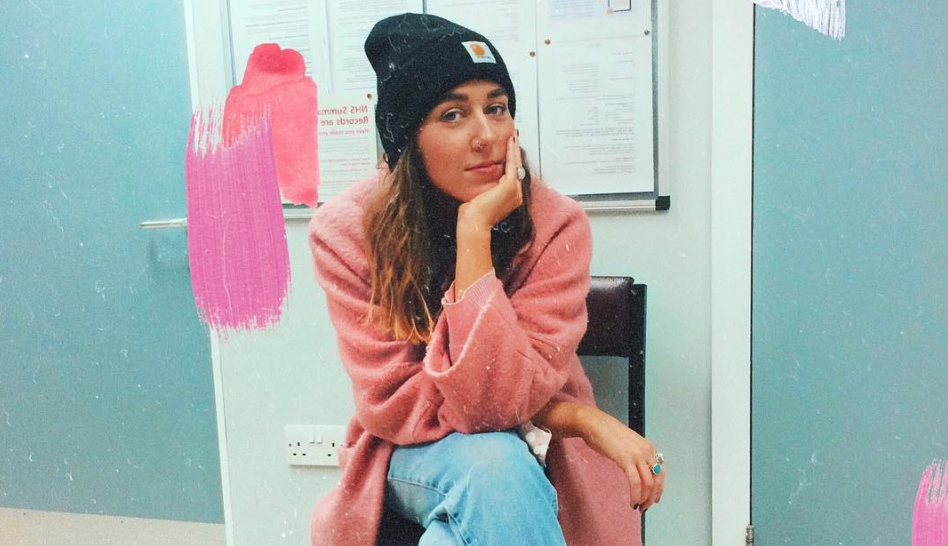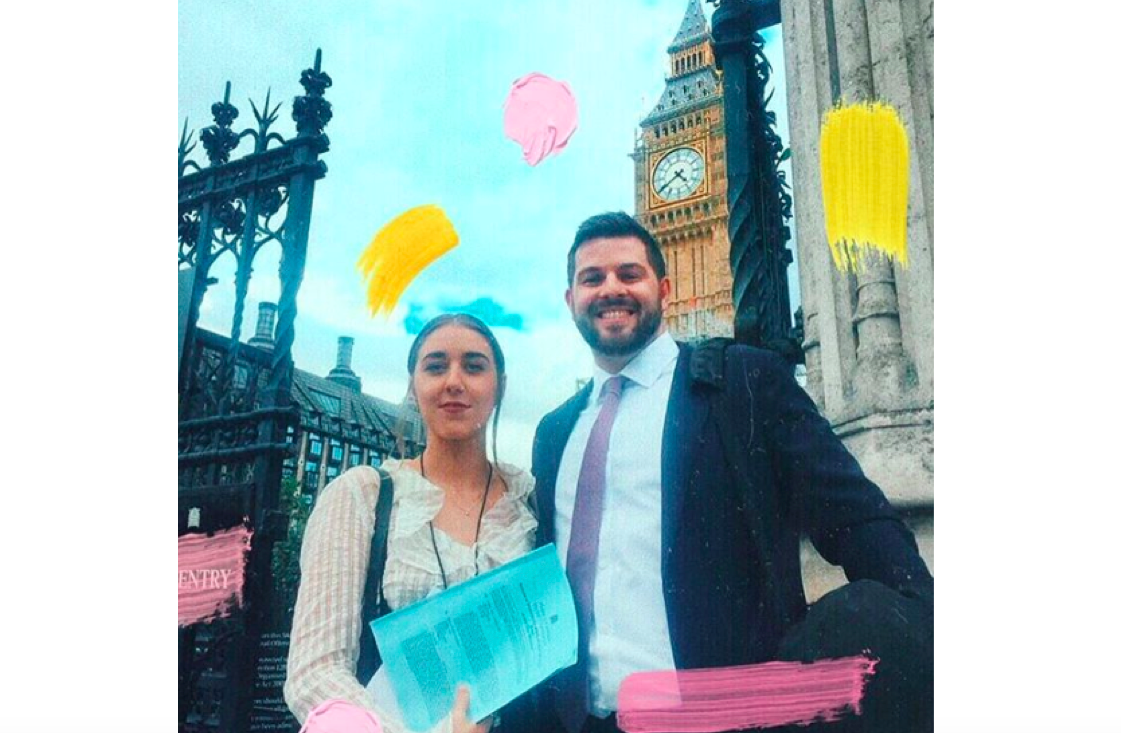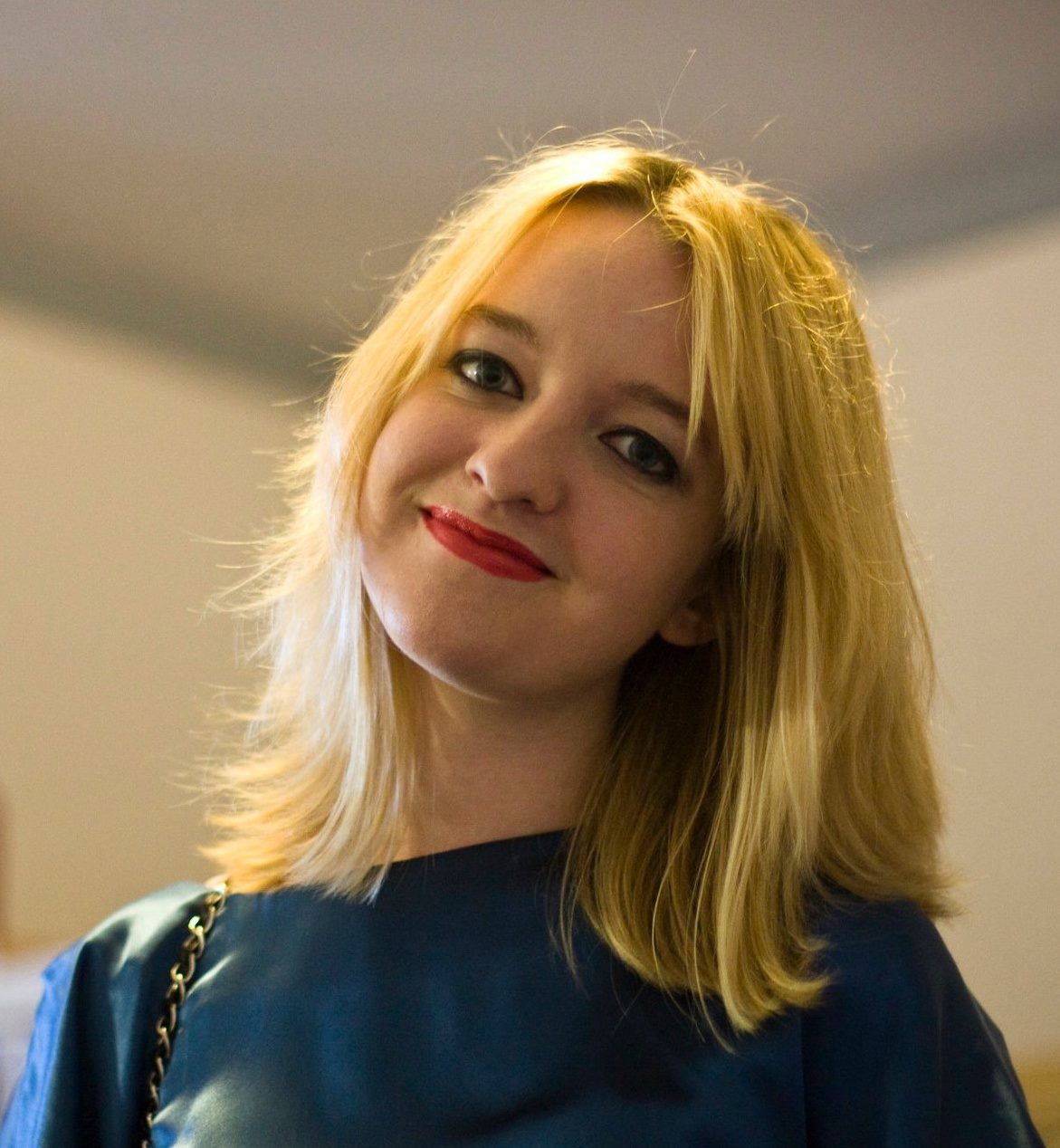25-year-old Gina Martin was at a music festival in Hyde Park, London, when she caught a man looking at a photo of a woman’s crotch on his mobile phone.
She was horrified to realise it was an up-skirt photo of her – taken without her knowledge or permission.
Now she’s campaigning to make upskirting – taking a photo up a person’s skirt without their consent – a sexual offence in England and Wales.
‘I Just Knew It Was Me’

Image Credit: Gina Martin / Instagram
Speaking to RightsInfo, she said was watching The Killers with her sister at a festival when she realised something was wrong.
“Two guys standing nearby were acting really creepy towards us,” she explained. “I told them to leave us alone and kind of brushed it off. About half an hour later, I saw one of them holding his phone, he was on Whatsapp. There was a picture and it was up a girl’s skirt, right between her legs. I just knew it was me.”
There was a picture and it was up a girl’s skirt, right between her legs. I just knew it was me.
Gina Martin
“I grabbed the phone and checked it was me, to make sure,” she added. “I could tell it was because of what I was wearing. I started shouting at the guy, then I ran to security. The security guards circled me, and he was trying to jump over them, screaming at me to give him his phone back.”
However, while the festivals security team immediately called the police, this is where things began to fall down. “When the police arrived, they looked at the photo on the guy’s phone and asked him to delete it, which he did.
That didn’t seem right to me. No criminal charges were brought against the guy who took that photo.
Gina Martin
“A few days later, I got a phone call saying that my case was closed. They said: ‘There’s not much we can do’. That didn’t seem right to me. But ultimately, no criminal charges were brought against the guy who took that photo up my skirt.”
Not A One Off Case…
Sadly, Gina’s experience is not a one off. A Freedom of Information request by the Press Association to police forces in England and Wales revealed that 78 cases of upskirting have been recorded since 2015. Girls as young as 10 have been victims of upskirting and incidents of male pupils taking up-skirt photos of female teachers in schools have also been reported.
Three women tell the @VictoriaLIVE about their experiences of "upskirting" amid calls for it to be made a criminal offencehttps://t.co/pKIxyzJHq0 pic.twitter.com/HqZUanIOEm
— BBC News (UK) (@BBCNews) February 20, 2018
However, only 15 out of 44 police forces recorded allegations of upskirting, which means that incidents of upskirting could be much more prevalent than the figures indicate. Since starting her campaign, Gina has received “so many messages from kids, women, teachers, girls…” saying it’s happened to them. She is confident that upskirting is significantly more common than the number of reported cases suggests.
So What Does The Law Say About Upskirting?

Image credit: Gina Martin/Instagram
The thing is, there currently isn’t a law specifically criminalising upskirting in England and Wales.
There’s an offence of ‘voyeurism’ under section 67 of the Sexual Offences Act 2003, which makes it a crime if someone, for sexual gratification and without consent, observes another person ‘doing a private act’.
But a person is only ‘doing a private act’ if they are in a place which would reasonably be expected to provide privacy, such as their home, a bathroom or a changing room. Plus, upskirt photos may be taken for reasons other than sexual gratification – for example, to humiliate and harass.
I felt so violated and so upset. It seemed to be treated like some kind of public nuisance, and straightaway I thought that was not right. That’s not how this sort of thing should be dealt with.
Gina Martin
Taking a photo up someone’s skirt in public doesn’t fall within section 67 because the person being photographed isn’t doing a private act: a public place is not a place which would reasonably be expected to provide privacy. It’s essentially a ‘peeping tom’ offence for people who spy on others in a private place. So upskirting in public isn’t voyeurism (in the legal sense).
"The conversation is always about what I'm wearing – instead of what the guy did."
Gina Martin was a victim of upskirting and is now campaigning to make it a criminal offence in England and Wales. pic.twitter.com/xT57aUfu0J
— Channel 4 News (@Channel4News) May 15, 2018
Some upskirters have been charged with another, centuries-old offence, known as ‘outraging public decency’. This makes it a criminal offence to do in public any lewd, obscene or disgusting act which outrages public decency. Simon Hamilton, who filmed up women’s skirts in supermarkets with a concealed video-camera, was convicted of outraging public decency.
But the law, as it currently stands, raises two key concerns:
- First, there are practical problems with outraging public decency – not all instances of upskirting satisfy the requirements of that offence. For example, there is a ‘two-person rule’ which means at least two people must be capable of seeing the photographing (and that might not happen in all cases).
- Second, there’s an issue of principle – the law currently views the harm done by upskirting as an outrage to the public; it fails to acknowledge any harm to the individual victim.
In Scotland, law-makers noticed this problem and closed the gap a few years ago in section 9 of the Sexual Offences (Scotland) Act 2009. This made it an offence to operate equipment beneath someone’s clothing without their consent for the purpose of obtaining sexual gratification, or humiliating, distressing or alarming the person being observed. It’s also an offence to record an image under someone else’s clothes, for the same purposes, without their consent. But this law only applies in Scotland.
Speaking to RightsInfo, Gina said the gap in the law made her feel “violated and upset”. “It seemed to be treated like some kind of public nuisance, and straightaway I thought that was not right,” she said. “That’s not how this sort of thing should be dealt with.”
What’s This Got To Do With Human Rights?

Image Credit: Gina Martin / Instagram
There is a human right to respect for private life. The Human Rights Court has explained that the right to private life encompasses “the physical and psychological integrity of a person [and can] embrace aspects of an individual’s physical and social identity”.
This right has a ‘positive’ aspect, which means that in some circumstances States, like the UK, have a duty to put laws in place which protect privacy rights against interference from third parties (i.e. other people).
A key motivation for Gina’s campaign is making sure that people are free to wear what they want without fear of having their privacy violated.
A change on the horizon?

Image credit: Gina Martin/Instagram
Gina started her campaign to make upskirting a specific sexual offence in England and Wales in the summer of 2017. She set up a petition asking people to support her in getting the law changed. The petition now has over 100,000 signatures. Gina has also taken part in a BBC3 documentary to raise awareness of what happened to her and has promoted her campaign for change on social media using the hashtag #StopSkirtingTheIssue.
Gina and her lawyer, Ryan Whelan, are working with the Ministry of Justice and have worked with MP Wera Hobhouse on a Private Members Bill to make upskirting a sexual offence.
The Bill had its second reading on 15 June 2018 but it was blocked after Conservative MP Sir Christopher Chope objected to the Bill. He said that he objected to the Bill “on principle” because it “wasn’t debated”. Prime Minister Theresa May has since said that she was “disappointed” the Bill did not progress and that she wanted to see it pass soon “with government support”. Gina wants to make this change happen “to properly protect the women and girls of England and Wales”.
You can follow Gina’s campaign by signing her petition or following her on social media @beaniegigi and #StopSkirtingTheIssue.







